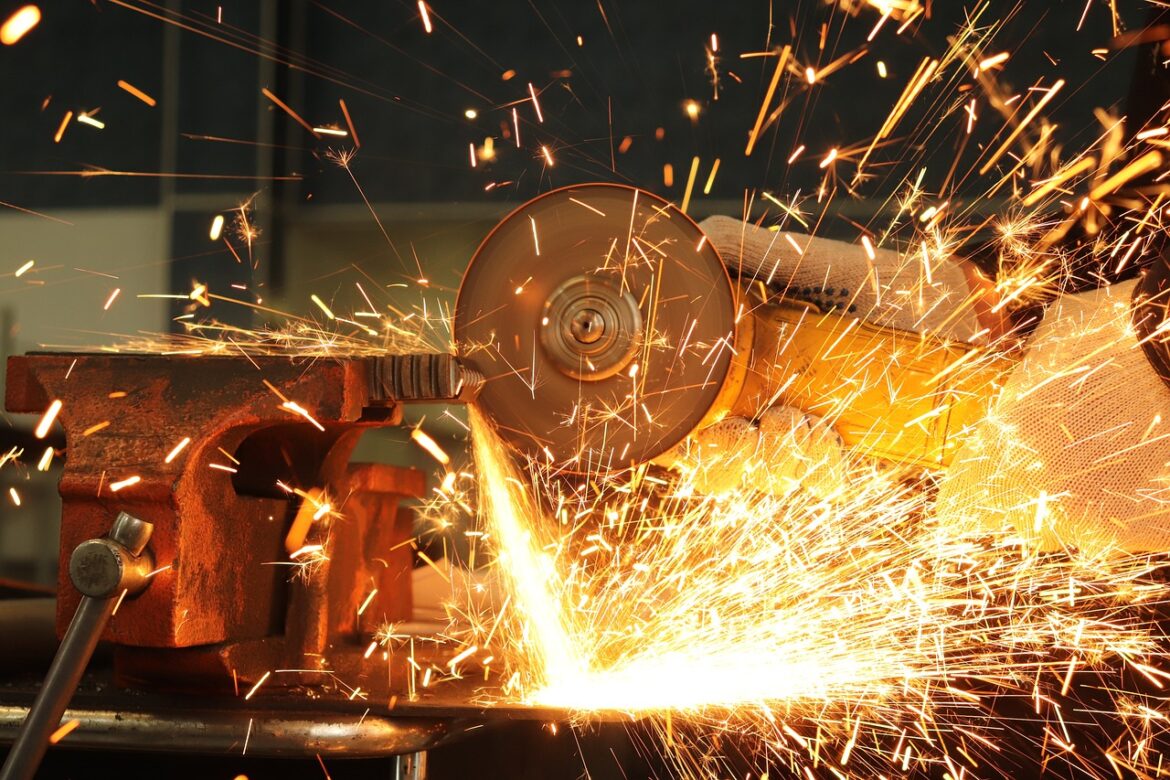The manufacturing sector is on the cusp of a significant transformation, driven not just by technological advancements but by shifts in human resource strategies. As the industry prepares to add millions of new jobs, here are a few key trends related to human resources in manufacturing today:
Attracting Gen Z Workers
The manufacturing industry is expected to create around 3.8 million new jobs by 2033, offering a wide array of opportunities for Gen Z workers. This demographic is crucial for the future of manufacturing, but companies must adapt their strategies to appeal to younger workers who value creativity, flexibility, and purpose in their careers. Networking events, career fairs, and internship programs are becoming essential tools to attract and engage Gen Z.
Skills-Based Hiring and Training
Major companies are now prioritizing skills over traditional qualifications, especially in manufacturing. This shift allows for a more diverse talent pool and encourages continuous learning and development within the industry. The focus on skills also enables employers to invest in on-the-job training and internal talent development platforms, which are vital for closing skill gaps and advancing employee careers.
Emphasis on Diversity, Equity, and Inclusion (DEI)
Manufacturing companies are recognizing the importance of maintaining strong DEI practices despite political challenges. These initiatives not only enhance workplace equity but also contribute to attracting a broader range of talent. By fostering inclusive cultures, organizations can improve worker satisfaction and retention rates.
Flexible Work Arrangements and Employee Experience
Manufacturing companies are gradually embracing flexible work arrangements, balancing traditional manufacturing roles with remote or hybrid options where possible. This flexibility, combined with a focus on enhancing the overall employee experience through better work environments and benefits, helps retain talent in an increasingly competitive job market.
Strategic Workforce Planning
Boards of directors are increasingly expecting HR leaders to develop strategic workforce plans that align talent acquisition with long-term business goals. This proactive approach involves identifying critical skill gaps and implementing strategies to either develop existing talent or hire new skills. By embracing a capability-driven approach, manufacturing companies can remain agile and responsive to evolving market demands.
In summary, the manufacturing industry is navigating a crucial period of transformation in human resources. From attracting younger workers to prioritizing skills, DEI, flexibility, and strategic planning, these trends are poised to shape the future of manufacturing workplaces and help them thrive in a rapidly changing landscape.
References:
- https://www.thehrdigest.com/manufacturing-jobs-and-gen-z-workers-can-common-ground-be-found/
- https://www.thehrdigest.com/news/
- https://themanufacturinginstitute.org/study-manufacturing-in-u-s-could-need-up-to-3-8-million-workers-19758/
- https://vendordirectory.shrm.org/company/932087/news/3615062/this-week-in-hr-news-april-18th-2025-hiring-trends-layoffs-and-workforce-shifts
- https://www.thehrdirector.com/boards-expecting-hr-leaders-2025/
- https://www.comnetwork.org/jobs
- https://www.uschamber.com/workforce/understanding-americas-labor-shortage-the-most-impacted-industries
- https://www.iedconline.org/career-opportunities/



